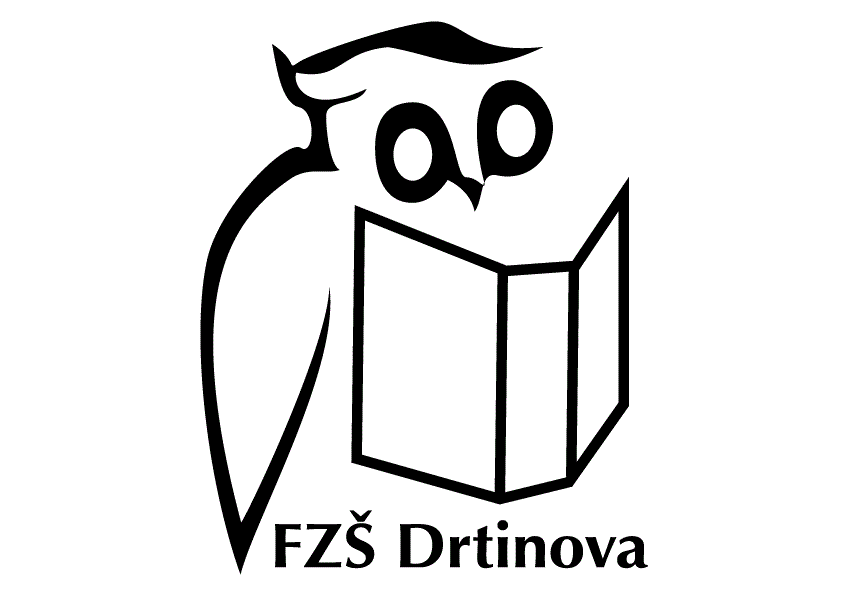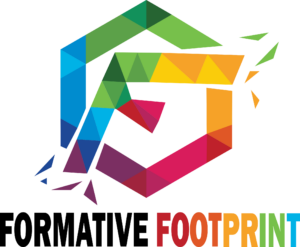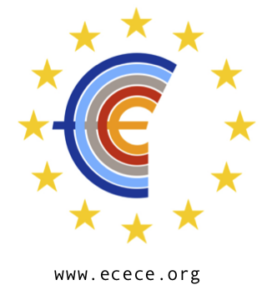FAKULTNÍ ZÁKLADNÍ ŠKOLA S RVJ PŘI PEDF UK PRAHA 5 DRTINOVA 1/1861
The school was built in 1928 and served as Gymnazium (High School) for the girls. In the school year 1953/54 the character of the school changed into elementary school. Our school was then among the first schools in the Czech Republic which offered extended instruction of foreign languages in the school year of 1966/67.The school is currently attended by more than 600 students in 1st to 9th grade with instruction of English language from the first grade. The students have an option of choosing another foreign language (German, Spanish or French) in the fifth grade.
The school places great emphasis on the education of solid learning habits and characteristics leading to mastering demanding studies, 80% of pupils continue to study at grammar schools. By graduating from our school, pupils gain a good knowledge of foreign languages and can successfully continue their studies at secondary schools providing linguistic continuity, possibly also teaching certain subjects in a foreign language. They have the basics for passing international language examinations.
Výzkumný Ústav pro Podnikání a Inovace, Z.Ú.
Research institute for entrepreneurship and innovation (VUPI) have been established by Czech Chamber of Commerce and its activities are closely related and coordinated witch the chamber. The goal and mail scope of activities of the institute VUPI are concerned with strengthening the capacity of entrepreneurial skills, supporting startup ideas and promoting innovation as the essential engine of business activities. This is especially true in the digital age of 21. Century. The Czech economy has a chance to keep up with the developed countries only if it is able to offer skilled and educated entrepreneurs and employees who will be prepared to react flexibly to the changing labour market and business oportunities. Investing in innovative and entrepreneurial skills and mind set is essential in this process.
The institute VUPI have already participated in several projects and research activities. The institute shares its personal capacity witch Czech Chamber of Commence (CCC) which currently represents more than 15.000 entities associated in a network of regional chambers and trade associations. The institute VUPI and CCC employs and cooperates with experts in the field of education and labour market as well as legislative experts who advice and define drafts of comments on proposed legislation as a part of interdepartmental review procedure. The institute VUPI has several project and finance managers witch experience in international projects (as Erasmus+ or Interreg CE and Interreg Danube) and already cooperates witch several entrepreneurial / start-up coaches and lectors.
Smart Nest
Smart Nest is a consulting firm based in Riga, Latvia. The company is heavily invested in digitalization and new and innovative technologies. The company employs the most recent E-learning development solutions and incorporates new and innovative tools into the E-learning course modules, such as interactive videos. Smart Nest’s primary focus is the creation of interactive E-learning modules using cutting-edge authoring tools. Interactive E-learning entails a lot of visual materials, such as photos, short videos, and/or various quizzes. All materials have the potential to include interactive solutions. Employees at Smart Nest have extensive experience designing and implementing international projects. Smart Nest has years of experience working with business start-ups, as well as the preparation and evaluation of business ideas, business models, and business plans.
Formative Footprint
Formative Footprint is a research centre focus on: analyse theoretical frameworks and concepts; design information gathering processes; information analysis; detection of educational needs in people and organizations; ensure the quality of processes with measurable indicators; measuring the impact of education on people and organizations.
Based on the research activities, FF is able to provide solutions, recommendations and even be involve in the design and create of new training processes. The method of analysis and elaboration of new training processes is Design Based Research (DBR) and in its educational concretion called Education Based on Design (Educational Design Research (EDR). We apply this methodology to develop educational solutions / devices of various kinds, from productions that take the form of technological programs or platforms to those that consist of productions of an educational tool of a different nature. Always in a continuous dialogue between theory and practice.
In doing this, Formative Footprint has always been looking for the European added value of its activities. In this context, Formative Footprint gained expertise in the design and management of International and national projects, which allowed to further develop and increase the organization’s activities in the field of innovation and education.
FF is aligned with the 2030 Sustainable Development Goals. FF considers that one of the most important factors to achieve these goals is based on citizenship education. Education must be the engine that moves people in the right direction.
European Center of Entrepreneurship Competence & Excellence
E.C.E.C.E. is a state-of-the-art international non-profit organization designed to promote change for the better through entrepreneurial and innovative actions. Change can come about, for example, by supporting potential entrepreneurs to build sustainable businesses, or guiding university students to create their own future innovative careers, or helping schools or vocational training institutions to develop self-reliant trainees, or counseling firms who want to establish their businesses abroad, …
ECECE continually researches new ideas, and values to generate new strategies for creating system change. ECECE fosters the processes to identify better ways for the social, policy, academic and private sectors to leverage each other’s knowledge through whole brain approach and design thinking processes to build an entrepreneurial culture, in order to increase the collective ability to positively impact the need of innovation in the entrepreneurial milieu





